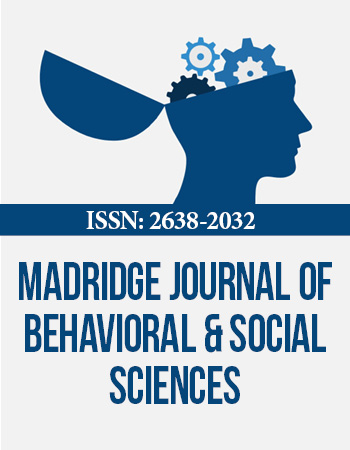International Conference on Alzheimerʼs Disease & Associated Disorders
May 7-9, 2018 Rome, Italy
Clinical Correlates with Functional Neuroimaging: From Case Reports to Clinical Researches
Tohoku University Cyric, Japan
An approach based on behavioural neurology is important for better understanding of 1) behavioural abnormality, 2) neuronal network, and 3) rehabilitation for patients with cognitive impairment. Mainly, neurological background of human behaviour is consisted of three parts, i.e., the hierarchical axis (“old brain” vs “new brain”), the left-right axis (“language brain” vs “non-language brain”), and the anterior-posterior axis (“behavioural brain” vs “cognitive brain”).
1) Behavioural Abnormality
A case with right basal ganglia infarction is reported, who disclosed hyperactivity and confabulation. We found right basal ganglia infarction (MRI) and decreased blood flow to the right frontal lobe (SPECT). After the physician in charge provided an explanation, the patient began to be conscious about her disease and agreed to undergo drug treatment.
2) Neuronal Network
A case with left thalamic infarction is reported, who developed difficulty finding words and used many pronouns in her communication. MRI showed infarction in the left thalamus and SPECT revealed decreased CBF in the bilateral anterior cingulate blood flow. The fronto-subcortical network and the Yakovlev and Papez networks are considered to understand the symptoms.
3) Rehabilitation
A case with vascular MCI is reported, who took a longer time to learn the exercises with decreased working memory capacity. Working memory maintenance promotes long-term memory information. The anterior cingulate cortex plays an important role in dual-task situations. Dual-task during unfamiliar movement could be stressed the working memory capacity. The cingulo-frontal network may be partially blocked by the deep white matter lesions in this case.
Biography:
Kenichi Meguro is a Professor in Geriatric Behavioral Neurology, Tohoku University, Japan. He is a director of Tajiri Skip Center. He Graduated from Tohoku University Graduate School of Medicine. He is a Executive Committee of INA and ASAD, Councilor of Japanese Society of Cognitive Neuroscience, Higher Brain Dysfunction, Neuropsychology Association, Psychogeriatric Association, and Society for Dementia Research.


